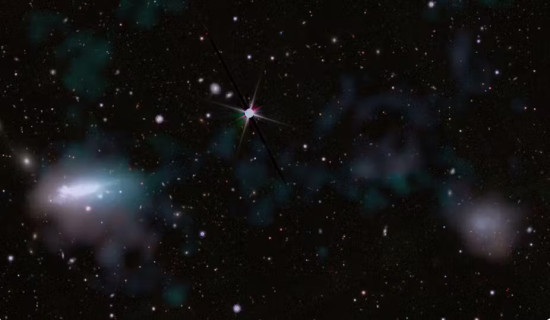- Friday, 23 January 2026
Scientists discover evidence of extensive human fire use 50,000 years ago
BEIJING, June 24: Scientists have uncovered evidence indicating that humans extensively used fire to transform environments as early as 50,000 years ago -- far earlier than previously believed.
An international team, led by researchers from the Institute of Oceanology under the Chinese Academy of Sciences, analysed a 300,000-year-old sediment core from the East China Sea. Their studies showed a significant increase in fire activity across East Asia approximately 50,000 years ago.
The findings, published in the latest issue of the journal Proceedings of the National Academy of Sciences, challenge the long-held view that large-scale fire management by humans began roughly 3,000 to 4,000 years ago.
By studying pyrogenic carbon -- charred plant remains from incomplete combustion -- the team detected a continent-wide surge in fires coinciding with the global dispersal of Homo sapiens. Similar fire increases were previously documented in Europe, Southeast Asia, and Australia during the same period, suggesting a shared pattern of intensified fire use as humans migrated out of Africa.
As populations grew and spread, fire became essential for cooking, protection, and survival in harsh glacial climates. The widespread use of fire likely propelled cultural and technological advancements while significantly altering ecosystems and the carbon cycle, said Zhao Debo, the study's corresponding author.
The discovery suggests that human impact on climate and vegetation commenced far earlier than current climate models recognise.
"If early humans were already modifying the carbon cycle through fire tens of millennia ago," said co-author Wan Shiming, "we may need to rethink the baseline of human-environment interactions in Earth's history."








-square-thumb.jpg)







